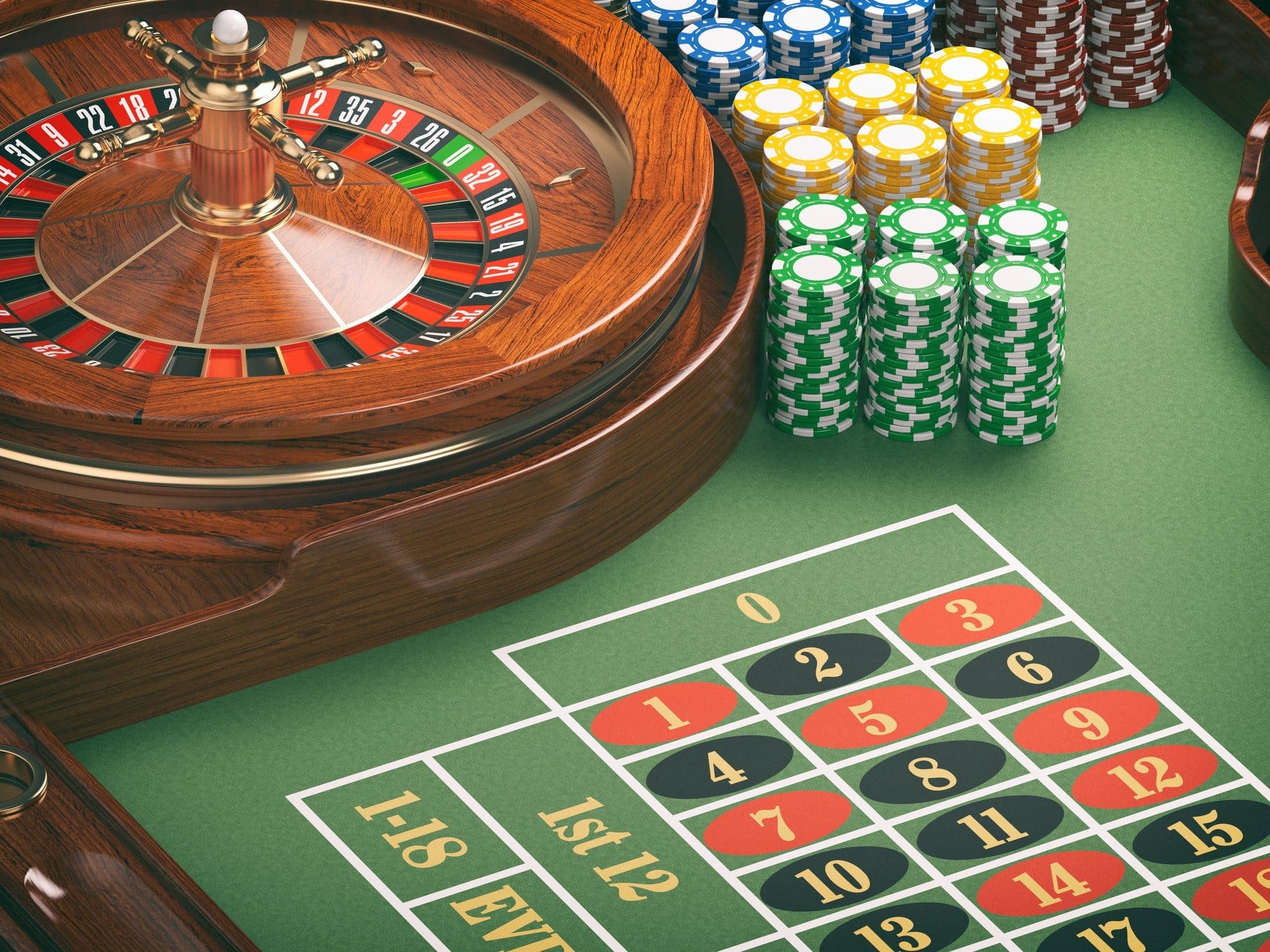Casino games have long been a fascinating entertainment option, drawing millions of players from diverse cultures around the globe. From the glitzy casinos of Las Vegas to the thriving gambling halls of the Chinese gambling capital, these games serve as a link that brings together people across a variety of backgrounds. The allure of luck, strategy, and uncertainty entices not only those looking to win money but also those in search of a sense of community.
The influence of casino games extends far beyond the gaming floor. They often reflect the values and beliefs of the communities in which they flourish. Games such as poker, pontoon, and the spinning wheel have embedded themselves into the mosaic of popular culture, influencing everything from cinema to fashion. As we explore this fascinating intersection of gambling and culture, we can better understand how gambling games shape and are shaped by the environment surrounding us.
Historical Development of Gambling Games
The roots of casino activities can be tracked back to old civilizations, where gambling in different forms was extensively performed. In China, around 2300 B.C., a type of lottery known as Keno was common, while in historic Rome, soldiers would regularly bet on the consequences of their contests. The idea of using chance for fun and gain evolved over the centuries, leading to the establishment of more formal activities. By the end of the Middle Ages, gambling houses started to appear in Europe, especially in Italy, which brought forth early versions of famous activities still played today.
As betting increased recognition in European regions, the 17th and 18th centuries saw the appearance of gambling establishments as specialized establishments for gaming. The earliest official gambling house, the Ridotto, was founded in Venice in sixteen thirty-eight, providing games like Baccarat games and the game Faro. This period marked a crucial turning point, as gaming venues started to draw not just the wealthy but also the burgeoning middle class. The complexity of games evolved, leading to the creation of new rules and modifications that enhanced the gaming experience.
In the 19th century, the industrial revolution and transformations in social norms further altered the environment of gambling activities. The launch of the game of roulette and contemporary one-armed bandits attracted a larger audience, and gambling establishments became seen as acceptable entertainment. This time witnessed the globalization of casino activities, as casinos spread from the continent to the Western Hemisphere, culminating in the creation of the iconic Las Vegas Strip in the twentieth century. The development of gambling activities has persisted into the modern era, incorporating technology and online services, allowing them accessible to a worldwide market.
## Cultural Importance within Diverse Communities
Casino activities have profound social importance across numerous cultures across the globe. KJC For instance, in Las Vegas, the very fabric of the city is woven around gambling establishments, where gambling is not just a recreational activity but a fundamental aspect of social engagement and community life. The vivid lights and dynamic atmosphere attract a vast audience, showcasing how games of chance can shape local financial landscapes and cultural uniqueness. This surrounding transforms the notion of recreation into an immersive encounter that affects fashion, sound, and even film.
Conversely, some cultures approach gambling with an air of caution, viewing it through the lens of ethical considerations and heritage. For instance, in various Asian societies, games like Mahjongg and Pai Gow are full of history and have significant social relevance. These games are often played during gatherings and festivities, fostering community bonds and strengthening kinship ties. The act of playing these games goes above mere amusement, reflecting ethics such as deference to seniors and the importance of shared enjoyment.
Simultaneously, in continental countries such as the principality of Monaco and the Italian Peninsula, casino games serve as symbols of opulence and sophistication. The stylish atmosphere of these establishments attracts both visitors and residents, maintaining a sense of distinction and exclusivity. The art of poker and the strategic features of games like baccarat are esteemed, influencing social dynamics and establishing an attraction that captivates a heterogeneous audience. This emphasizes how games of chance can concurrently reflect and influence cultural perspectives towards danger, benefit, and relationship building.
Financial Influence and Tourism
Casino games play a important role in the economic landscape of many areas, particularly those that depend significantly on visitor traffic. The revenue produced from casino operations fuels local economies, creating employment opportunities not only within the casinos but also but also in related sectors such as hospitality, restaurant services, and recreation. This surge of tourists, drawn by the allure of games and the overall casino experience, stimulates spending across multiple businesses, contributing to the economic health of the region.
The existence of casinos often leads to the construction of infrastructure, including lodging, public transit, and leisure amenities. These developments are essential in enhancing the overall visitor satisfaction, making destinations more attractive to visitors. Additionally, many casinos invest in local communities through support of activities and philanthropic activities, further integrating themselves into the community structure of the locality. Such investment not only supports economic growth but also cultivates a positive image of the casino industry.
Furthermore, the global popularity of casino games drives competitive tourism, with regions vying to attract gamblers from around the world. Iconic locations like Las Vegas and Macau have become identifiable with gambling culture, drawing millions annually. This competitive edge encourages innovation and variety within the gaming industry, influencing trends in leisure and accommodation that extend beyond their borders. The consequences of this tourism extend wide, impacting local financial health and cultural exchanges on a worldwide scale.
